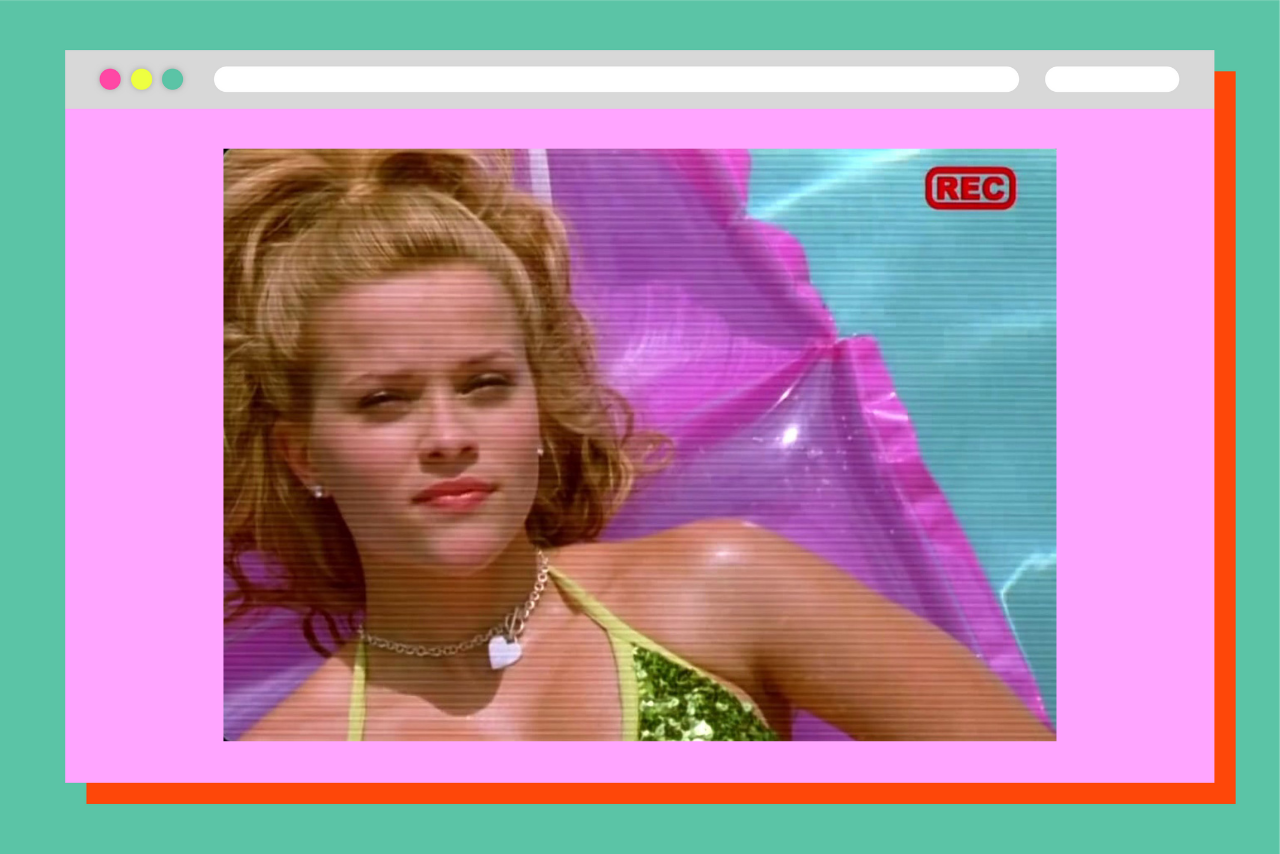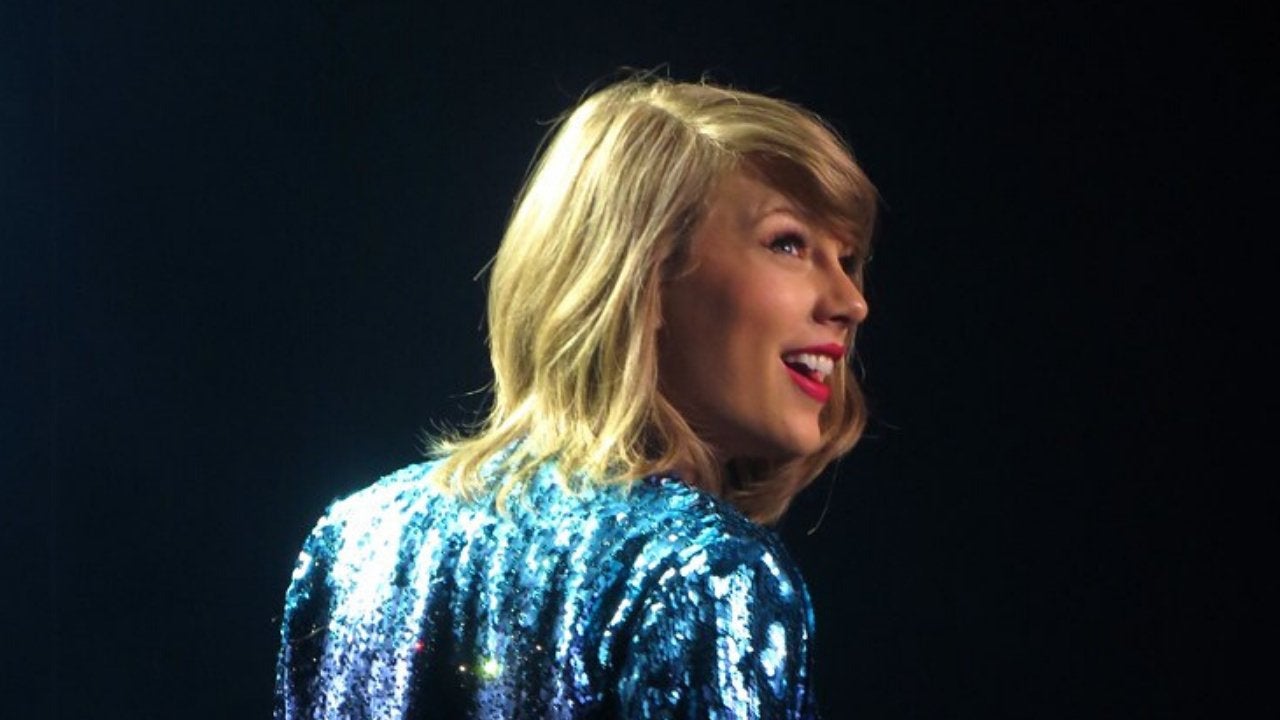According to the stereotypes, UCSB students are a monolithic group of beachgoing, class-skipping party animals. Obviously those of us who actually go here know that these archetypes don’t apply holistically (or at all!). Still, it’s easy to feel hemmed in by unrealistic expectations especially when we consider the perhaps unspoken (yet nonetheless dominant) clichés that dictate how UCSB students — more specifically how UCSB girls — should look.
UCSB girls should personify a love for the beach. They should be beautiful, and those parameters for beauty include being sun-kissed, thin, and blonde.
Recently I have been thinking about the ideas that society has about hair, the bizarre hierarchy of hair colors that favors a golden blonde shade above everything else. This strange internalized prejudice seems silly and unbearably superficial when examined from afar. However, I can’t pretend to have always been aloof to the politics of hair color — obsession with blondness has haunted me as much as the next person.
Growing up, I was always told that I got my blonde hair from my dad and that he had been blonde as a child but, unfortunately, “lost” his blondness with age. This story was communicated to me in a bothered tone, like it was some sort of grave misfortune that my dad’s original blonde hair had faded to a dark brunette. I grasped the urgency of the situation. My blonde hair could very well be snatched away from me as I got older. This was bad.
I remember the figurative war that was waged in order to ensure that my bright blonde hair stayed that way, particularly how my mom would beckon me over on summer days and attack my wet hair with relentless sprays of Sun-In.
By a miracle, I have maintained my blondeness throughout the years. But, the apparent importance of my hair color was never lost on me. The mantra that blonde is somehow “better” has been programmed into my brain and is something that I’ve only begun to unpack in recent months. Why is our society so infatuated with blondeness? Or, I guess I should say, why do women feel this mystifying pull towards blondeness? Because, most of the time, it isn’t men who are bleaching their hair.
About a month ago the YouTube algorithm recommended me a video by the creator Tiffany Ferguson entitled “The ‘Natural Blonde’ Debate & Hair Color Politics.” It felt like fate and, naturally, I immediately clicked on it.
The video does a great job of dissecting how the aesthetics we value carry much deeper meanings. Many of us are quick to write off our partiality for blondness as an offhand personal preference. It is impossible to separate beauty standards from politics, though. Lighter hair, and lighter features in general, is regarded as prettier and more flattering for a reason.
There is a lot of power wrapped up in blonde hair. The association with desirability alone is a huge draw. Sure, there are some negative stereotypes about blonde women. Isn’t the entire plot of Legally Blonde centered around defying the stereotype that all blondes are ditzy and unserious? Nonetheless, I would argue that the positive connotations far outweigh the negative. As put by J. Clara Chan in an article for the The Atlantic called “The Pursuit of Blondness” . . .
Blonde is glamour, sex. When you think “blonde bombshell,” you think not only of the woman herself but the frenzy of desire that surrounds her.
We all want to be wanted. We all crave the allure and fantasy attached to such icons as Marilyn Monroe, Pamela Anderson, Scarlet Johansson, the list goes on (there is no shortage of successful blonde celebrities in Hollywood!). It is not unreasonable, at least in my opinion, to crave affiliation with these traits, to have hair that sends out the subliminal message “I am stunning… look at me!”
More than these tropes, blonde hair is often an indicator of privilege and status. Given that blonde typically darkens with age, many women with that coveted platinum blonde color have to go to the salon to get their hair dyed, or purchase bleach and do it themselves. The point is, being blonde usually requires some level of time and money. The quality of dye job, too, speaks volumes about a person’s socioeconomic standing. For example, the difference between bottled blonde hair and professionally done highlights could be thousands of dollars. This is to say that we can even read into the subtypes of blonde, but I won’t go there.
Tiffany Ferguson touches on the cost of blondness in her video, arguing that this price tag could, subconsciously or not, be part of the appeal. She mentions that, “being blonde is so time-intensive, expensive, and hard to maintain,” and suggests that this ability to subtly flex wealth might be what draws some women to go blonde. As she says in the video, “a lot of blondes are proud of the level of effort or investment that it requires.” I think that this is a huge piece of the puzzle. Blondness signals affluence and the values that are associated with affluence. I mean, there’s a reason that Fox News is overrun with “white women wearing snug dresses, with pert noses, bronze skin, [and] blonde hair,” as an article the by The CUT phrased it.
The article, “Political Peroxide Blonde Privilege” by Amy Larocca zeroes in on this undeniable relationship between American conservatism and blonde hair. Of course, I’m not implying that every blonde woman is alt-right, just that blondness is politically loaded. And the fact that blonde hair is such a hallmark of the American rightwing somewhat proves that “blonde is not a hair color but a signifier of a type of person.” That is, the all-American girl next door. A beacon of old-fashioned norms and tradition. She is charming and threatening and unassuming. Properly feminine. White.
However all of this messaging lingers beneath the surface, under the guise of an innocent aesthetic preference. Yet, truth of the matter is that we gravitate towards blondness because it has come to symbolize everything that our society values: youthfulness, female desirability, wealth, privilege, whiteness. . .
And it’s not just blondness. All of those random physical features that we have decided are beautiful– smooth skin, a symmetrical face, wide eyes, and more– reflect a much larger political context.
Besides being an interesting think piece, I hope that this discussion serves as a reminder that (and, yes, I know this sounds banal) beauty is a construct. We’re so hard on ourselves about not hitting those markers of traditional beauty when, in fact, traditional beauty is almost comically arbitrary. Think about it for a second. . . What a weird world that we live in that yellow hair is so revered.
It goes without saying that this idea is much easier said than internalized. But, as we approach summer and the expectations surrounding how we look are amped up, maybe this little rant about blonde hair will provide a bit of comfort. And inspire us all to embrace ourselves and say “f*ck you” to all those ridiculously stupid beauty standards.




